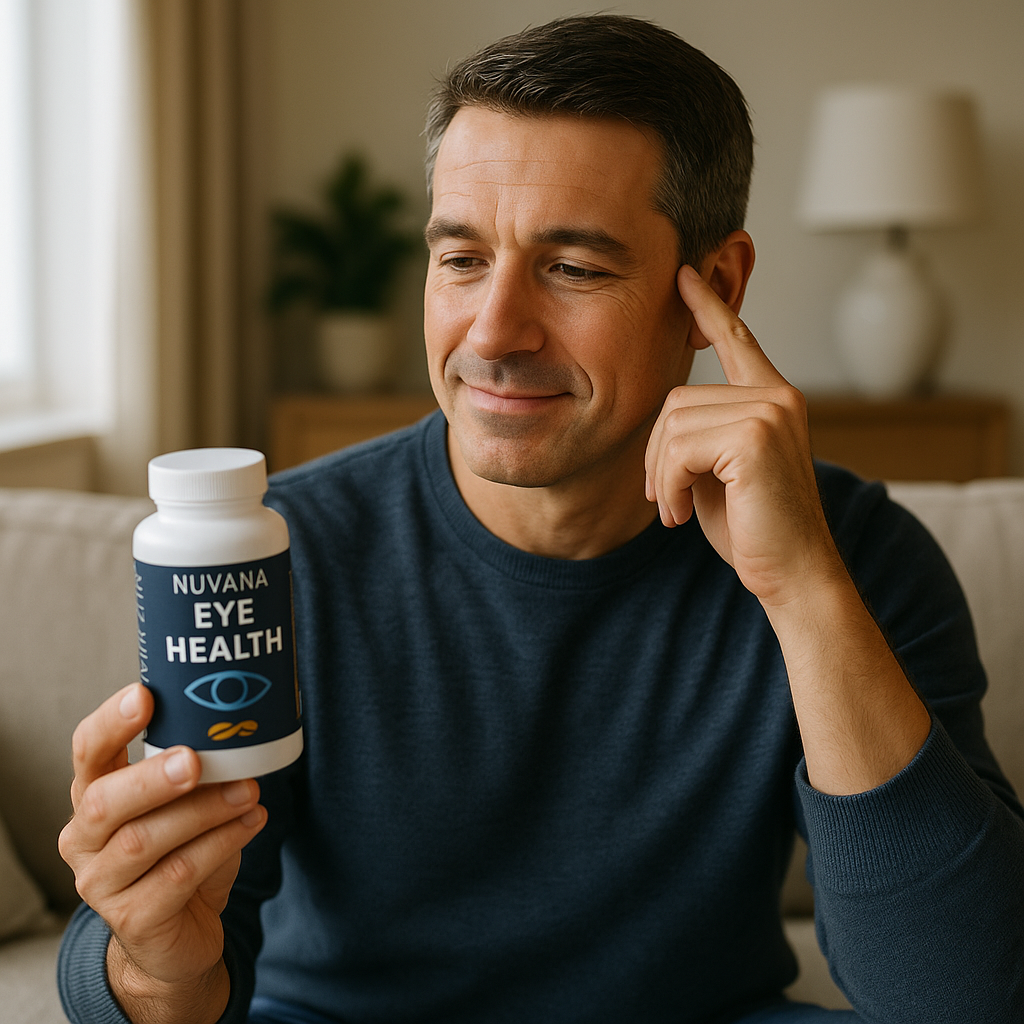
Why Eye Health Supplements Matter: Backed by Science
Share
In the digital age, our eyes are working harder than ever. From smartphones to computers, prolonged screen exposure and environmental pollutants have led to a global rise in eye-related issues such as dry eyes, macular degeneration, and eye fatigue. Eye health supplements, rich in specific antioxidants and essential nutrients, have been shown to support and protect vision across all age groups.
One of the most referenced studies in this field is the Age-Related Eye Disease Study 2 (AREDS2) by the National Eye Institute, which found that specific nutrients—including lutein (10 mg) and zeaxanthin (2 mg)—can reduce the risk of progression to advanced age-related macular degeneration (AMD) by up to 25% when taken daily (AREDS2 Research Group, 2013).
Key Ingredients in Eye Supplements:
-
Lutein & Zeaxanthin: These carotenoids act like internal sunglasses, filtering harmful blue light and reducing oxidative stress in the retina.
-
Vitamin C and E: Potent antioxidants that help slow down age-related vision loss by neutralizing free radicals.
-
Zinc: Supports the function of over 300 enzymes, including those essential for healthy retinal function.
-
Omega-3 fatty acids: Particularly DHA, which is crucial for maintaining the structural integrity of photoreceptor cells in the retina.
Furthermore, a meta-analysis published in Nutrients (2019) supports the role of omega-3 supplementation in improving symptoms of dry eye syndrome, especially in screen-exposed adults.
When Should You Consider Supplementation?
-
If you're over 40 and want to reduce your risk of cataracts or AMD.
-
If you spend long hours on screens and suffer from digital eye strain.
-
If your diet lacks leafy greens or oily fish, you may not be getting adequate levels of lutein, zeaxanthin, or omega-3s.
Daily Eye Protection is a Lifelong Investment
Just like sunscreen protects your skin, eye supplements can act as nutritional "shields" for your eyes. They’re not just for seniors—kids and young adults can benefit too, especially with increasing digital exposure.
